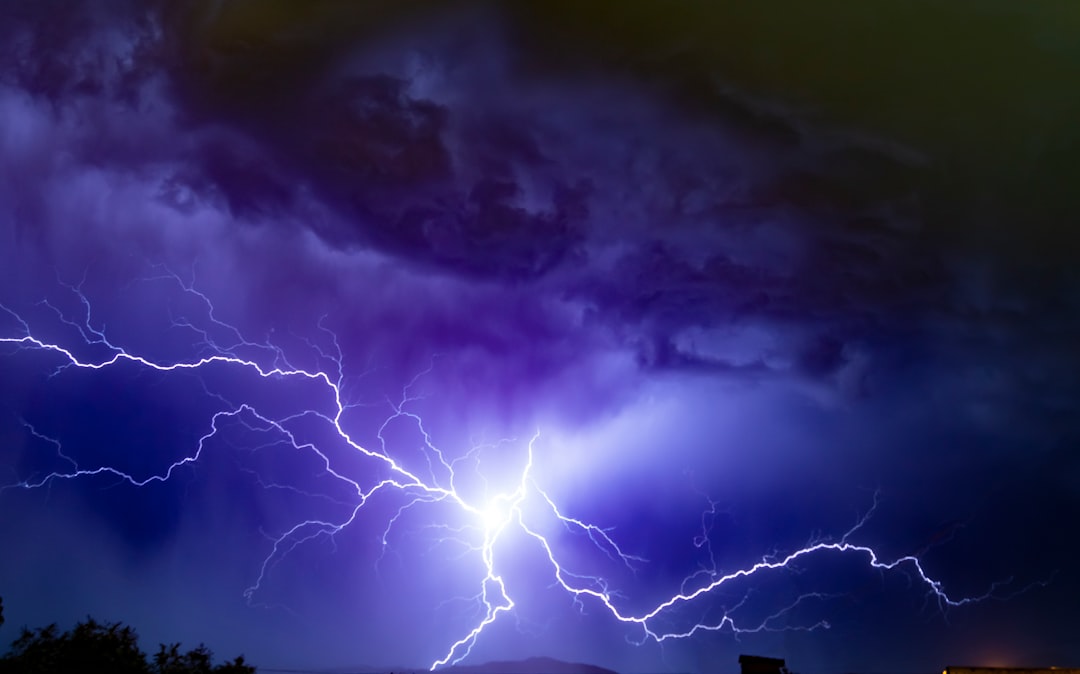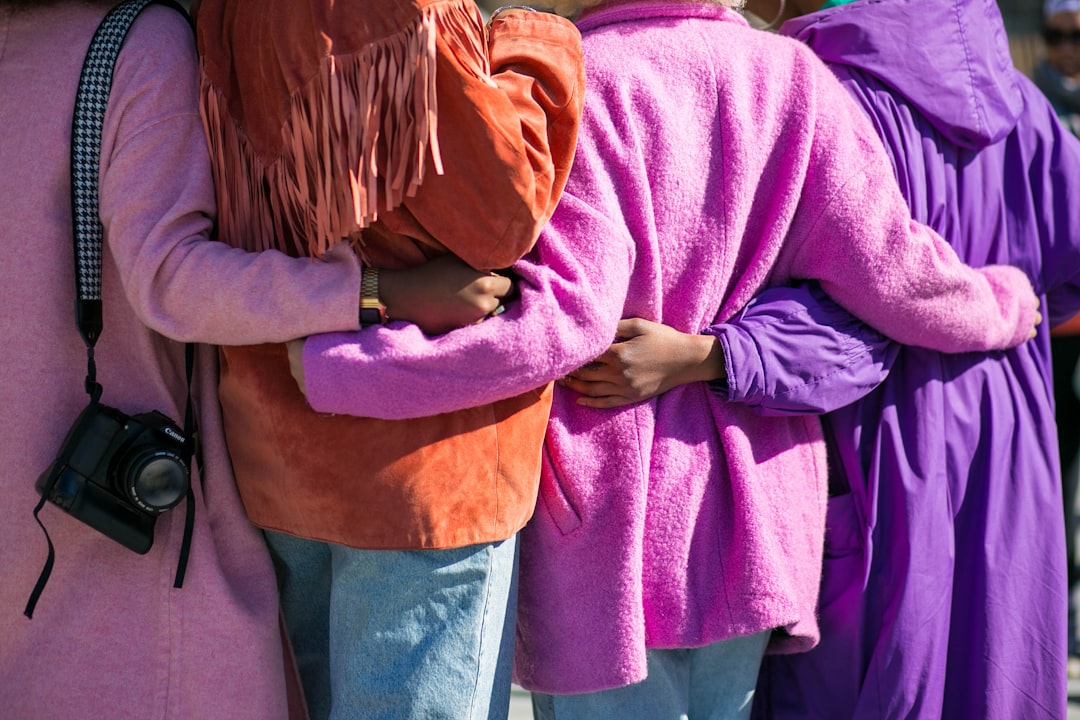I just noticed that I’ve only done one Q&A edition of The Anxious Morning, so I asked the fine people in my Facebook group to submit questions. Here are some answers that I hope you will find helpful. I think we’ll make this a monthly feature on The Anxious Morning!
Why do you say that my triggers don’t matter when they are are the cause of my discomfort?
The answer to this question is a question. Are you afraid of the trigger itself, or are you afraid of how you will feel when triggered? We care about anxiety that is internally generated because we’ve become afraid and avoidant when it comes to the internal experience of being anxious or uncomfortable.
Note the difference between “I am afraid of the heat” and “I am afraid of the heat because it makes me anxious.”
In this case the heat is irrelevant. It is often just one in a long and maybe growing list of triggers that aren’t actually triggers. The REAL trigger in this case is the anxiety itself as you try to keep it from happening again. This is why trying to address external triggers in the case of internally generated disordered anxiety is pointless and also why over time many in our community will confirm that their list of triggers gets longer and longer.
When and why did Drew’s agoraphobia start?
I’m more concerned with the “why” part of this. My agoraphobia started like virtually all agoraphobia starts. I began avoiding more and more places and situations because I was afraid I might panic. If I experienced anxiety or panic in a given context, I would start to avoid that context. Left unchecked, that becomes agoraphobia. That’s exactly what happened to me. See episode 152 of The Anxious Truth podcast for more on this.
How do you stay motivated to recover?
The topic of motivation fascinates me. When I wrote The Anxious Truth I addressed this in chapter 5 but there I wrote about commitment, not motivation. Being committed means doing things even when you don’t feel like doing them. So really, we don’t need to feel motivated to act. We have free will and choice. We can commit to act, recognize all the excuses and distortions we put up as roadblocks, then take that action. Often when we are afraid to do a thing or feel that we are not capable, we won’t “feel motivated” to do it. That’s common. But that feeling usually comes AFTER the doing.
At some point we have to accept that we have the power to act BEFORE being motivated, and many who study human behavior will argue that this is the case most of the time when we build new habits and learn new things. I’ll add that you should remain aware of the difference between desire and motivation. You may really DESIRE recovery but that does not guarantee motivation and a lack of motivation does not negate desire. Do your best to connect your desire with commitment and don’t worry about attaining a certain feeling before acting. Sometimes we have to bypass motivation.
Is it normal to be courageous only in small doses when doing exposures?
I’ve written a few editions of The Anxious Morning where I focused on courage. In edition number 14 from January 20 I wrote this about courage:
“If you are afraid, and you are feeling that you possess no courage, know that in many ways courage is something we learn more than something we have. We act when afraid, we find success, and our courage grows. This is how it works.
You are not weak. You have merely not practiced flexing your courage muscles.”
So yes, this is normal. We often start with a small dose of courage, but we build upon and expand that through our actions so long as we allow ourselves to be open to the lessons they teach us. “I was afraid but nothing happened” is the lesson we must accept as part of strengthening our courage muscles.
And speaking of courage ….
Most of the questions asked in my group were variants on the same thing. How do I accept scary thoughts? How do I handle this particular panic or anxiety scenario? What about the specific thing that triggers me or that I fear?
The part I hate the most about this is having to tell you that being brave and doing brave things is an integral part of the process. When your thoughts FEEL so true allowing them or even going toward them (as in ERP) is scary! It requires courage. When you are sure that night anxiety or alone anxiety or existential anxiety is special because it’s the thing that scares you the most, you are confronting the harsh reality of needing to be courageous. You may be quietly hoping that there must be some special approach or additional technique to follow since your specific fear can’t possibly be faced “that way”.
In the end, this process requires us at some point to do things that we are afraid to do. If there was a way to tech you how to do that or soften that blow, I would tell you. I promise, I would. But I have no special tips for doing scary things beyond accepting that you have to do them and remaining connected to WHY you are doing them. So sadly the answer to “What about THIS version of fear?” is almost always the same at its core. Go be willingly afraid so that experience can teach you that you don’t have to be afraid.\
Does age play a role in recovery?
Excellent question! In my experience, I have seen many many people of literally EVERY age recover fully. Some did it quickly. Some did it slowly. There were certainly variations. I’ve also seen people of all ages remain stuck. I do not believe based on my experience that age is a major factor in recovery. I would love to actually study that at some point in a controlled way to test this belief. I can say that it appears that age can play a role in belief. I’ve never heard a 24 year old say they were too young to recover, but I’ve heard many 50 year olds say that they are too old. Older people can sometimes believe that they’re “too old to learn new thing” or “have suffered for too long”. That is wrong. So age can matter in this respect. But once past those mistaken beliefs, you are as capable of recovery at 70 as you are at 31. See episode 124 of The Anxious Truth podcast for more on this.
We’re over 1000 words at this point, so we’ll have to end this Q&A at this point. Thanks for the questions everybody! We’ll do this again in September for sure.












Share this post